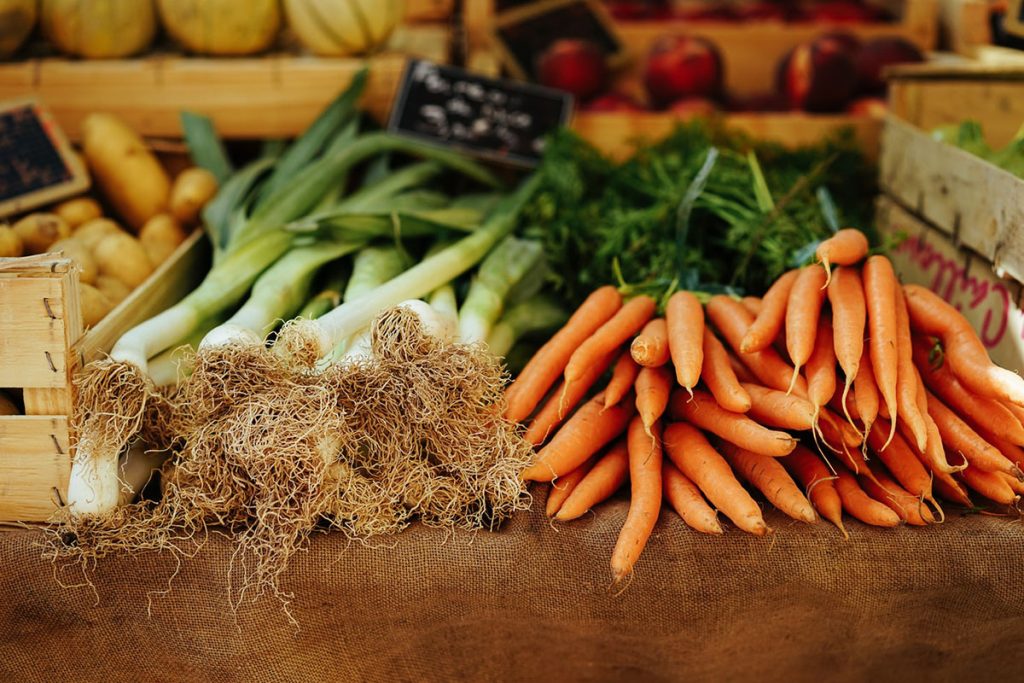The U.S. Department of Agriculture (USDA) has announced the establishment of the Local Food Purchase Assistance Cooperative Agreement Program (LFPA) that will award up to $400 million for emergency food assistance purchases of domestic local foods.
Utilizing American Rescue Plan funds, these purchases will help to transform the food system and build back a better food system—one that is fair, competitive, distributed, and resilient because the purchases will expand local and regional markets and place an emphasis on purchasing from historically underserved farmers and ranchers. The awards will be made through non-competitive cooperative agreements with state and tribal governments.
Eligible state and tribal governments can apply now until April 5, 2022, at www.grants.gov.
"We will strengthen our efforts to provide emergency food assistance and expand economic opportunity for historically underserved producers by allowing state and tribal governments to buy and distribute local and regional foods and beverages that are healthy, nutritious and unique to their geographic area,” Agriculture Secretary Tom Vilsack said. “This program will help get local and regional agricultural products into schools, food banks and other nutritional assistance programs, and organizations that reach underserved communities.”
The cooperative agreements — managed by USDA’s Agricultural Marketing Service — will provide organizations the flexibility to design food purchasing programs and establish partnerships with farmers and ranchers within the state or within 400 miles of the delivery destination that best suit their local needs, accommodates environmental and climate conditions, accounts for seasonal harvests, and meets the needs of the population within their service area.
State and tribal governments can partner with nonprofits and will be required to submit proposals indicating how they will use the funds to purchase commodities to support local, regional and historically underserved farmers and ranchers within their states or region.
Recipients of the cooperative agreements will be required to submit quarterly performance reports that will include data regarding the procurement and distribution to ensure program goals are met. Recipients will also be required to provide annual and final reports at the end of each performance year and at the end of the agreement.






